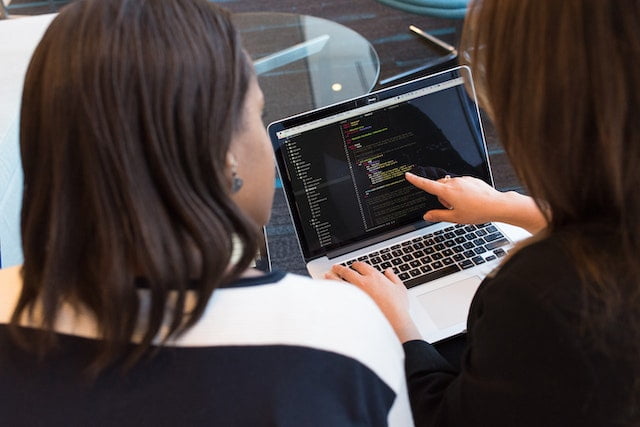
Ruby on Rails Interview Questions: A Comprehensive Guide for Web Developers
Updated on: May 14, 2023
Ruby on Rails, commonly known as Rails, is a web application framework written in the Ruby programming language. It is widely used for building scalable and secure web applications. If you are a web developer looking to work with Rails, then you must be prepared to face technical interviews that assess your knowledge of the framework. In this comprehensive guide, we will discuss some of the most commonly asked Ruby on Rails interview questions to help you prepare for your next interview.
What is Ruby on Rails, and how is it different from other web frameworks?
This is a fundamental question that you can expect in any Ruby on Rails interview. You should be able to explain what Ruby on Rails is, its features, and how it differs from other web frameworks such as Django or Laravel. You should also be able to discuss the advantages of using Ruby on Rails over other frameworks.
What is MVC, and how does it relate to Ruby on Rails?
Model-View-Controller (MVC) is a software design pattern that separates an application into three interconnected components: the model, the view, and the controller. Ruby on Rails follows the MVC pattern, and you should be able to explain how it works in the context of Rails.
How does Rails handle database migrations?
Rails provides a database migration system that allows you to manage changes to your database schema. You should be able to explain how migrations work in Rails, how you can create and modify them, and how you can roll them back.
What is Active Record, and how does it work in Rails?
Active Record is a Ruby on Rails ORM (Object-Relational Mapping) tool that maps database tables to Ruby classes. You should be able to explain how Active Record works in Rails, how you can define database relationships using it, and how you can perform database operations such as CRUD operations.
What is REST, and how does it relate to Rails?
REST (Representational State Transfer) is a software architectural style that defines a set of constraints for creating web services. Rails is designed to be RESTful, and you should be able to explain what it means for a Rails application to be RESTful, how you can implement RESTful routing in Rails, and how you can use RESTful controllers to handle HTTP requests.
How does Rails handle security, and what are some common security vulnerabilities?
Rails provides a number of security features out of the box, such as Cross-Site Request Forgery (CSRF) protection and secure cookie storage. You should be able to explain how these features work, and also be aware of common security vulnerabilities such as SQL injection, cross-site scripting (XSS), and session hijacking.
What are some common Ruby on Rails gems, and how do you use them?
Gems are packages of code that you can use to extend the functionality of your Rails application. Some common gems include Devise for user authentication, Paperclip for file uploads, and RSpec for testing. You should be able to explain what these gems do and how you can use them in your Rails application.
What are some best practices for testing in Rails?
Testing is an essential part of Rails development, and you should be familiar with some best practices for testing in Rails. This includes using the RSpec testing framework, writing unit tests and integration tests, and using fixtures and factories to generate test data.
In conclusion, these are some of the most commonly asked Ruby on Rails interview questions that you should be prepared to answer. In addition to these, you should also be familiar with other aspects of Rails development such as deployment, scalability, and performance optimization. With the right preparation, you can confidently ace your next Ruby on Rails interview and land your dream job as a Rails developer.
keywords: Ruby on Rails, web development, MVC pattern, RESTful, Active Record, database migrations, security, testing, gems, web framework.
